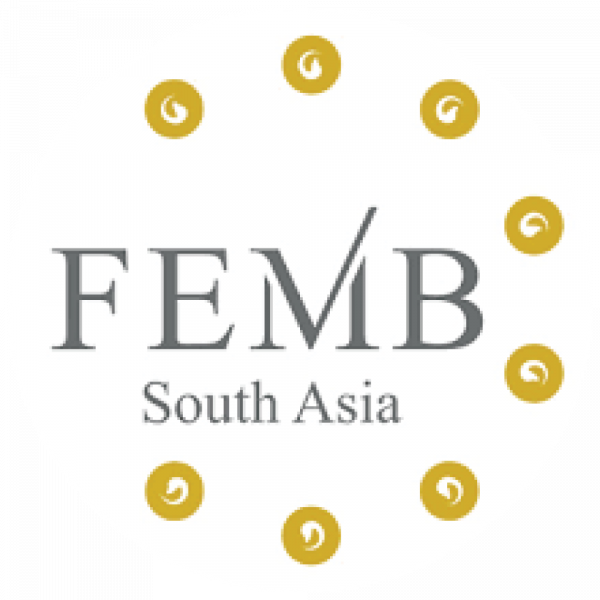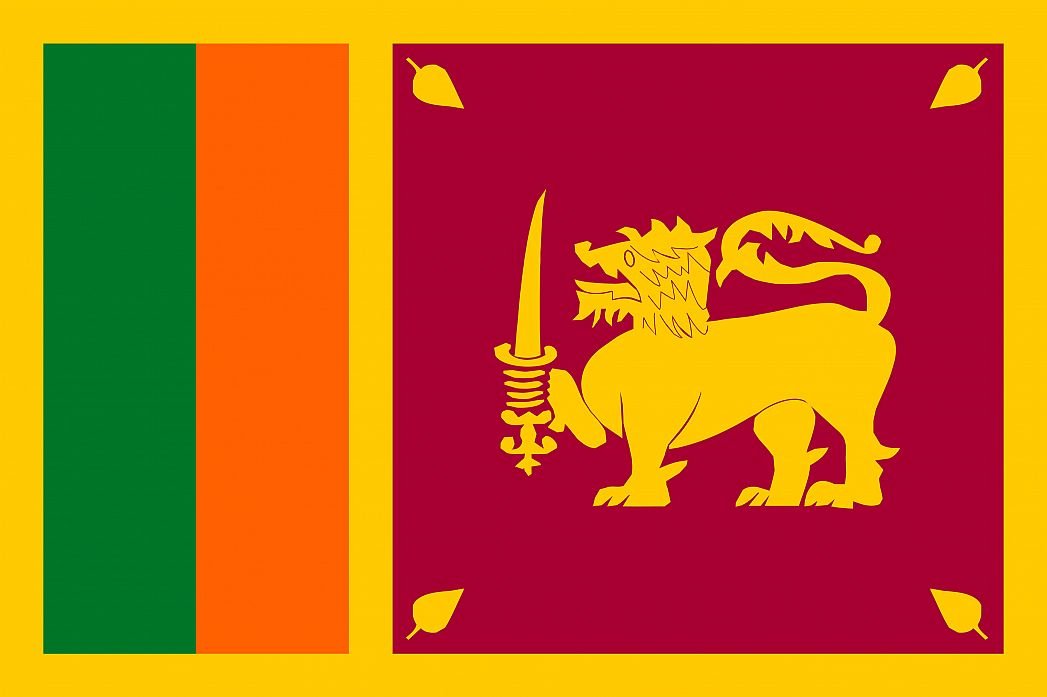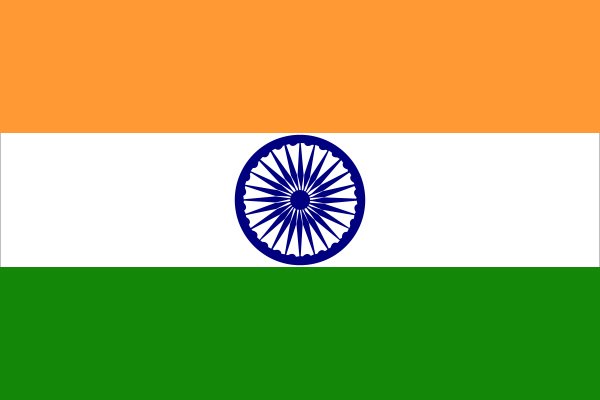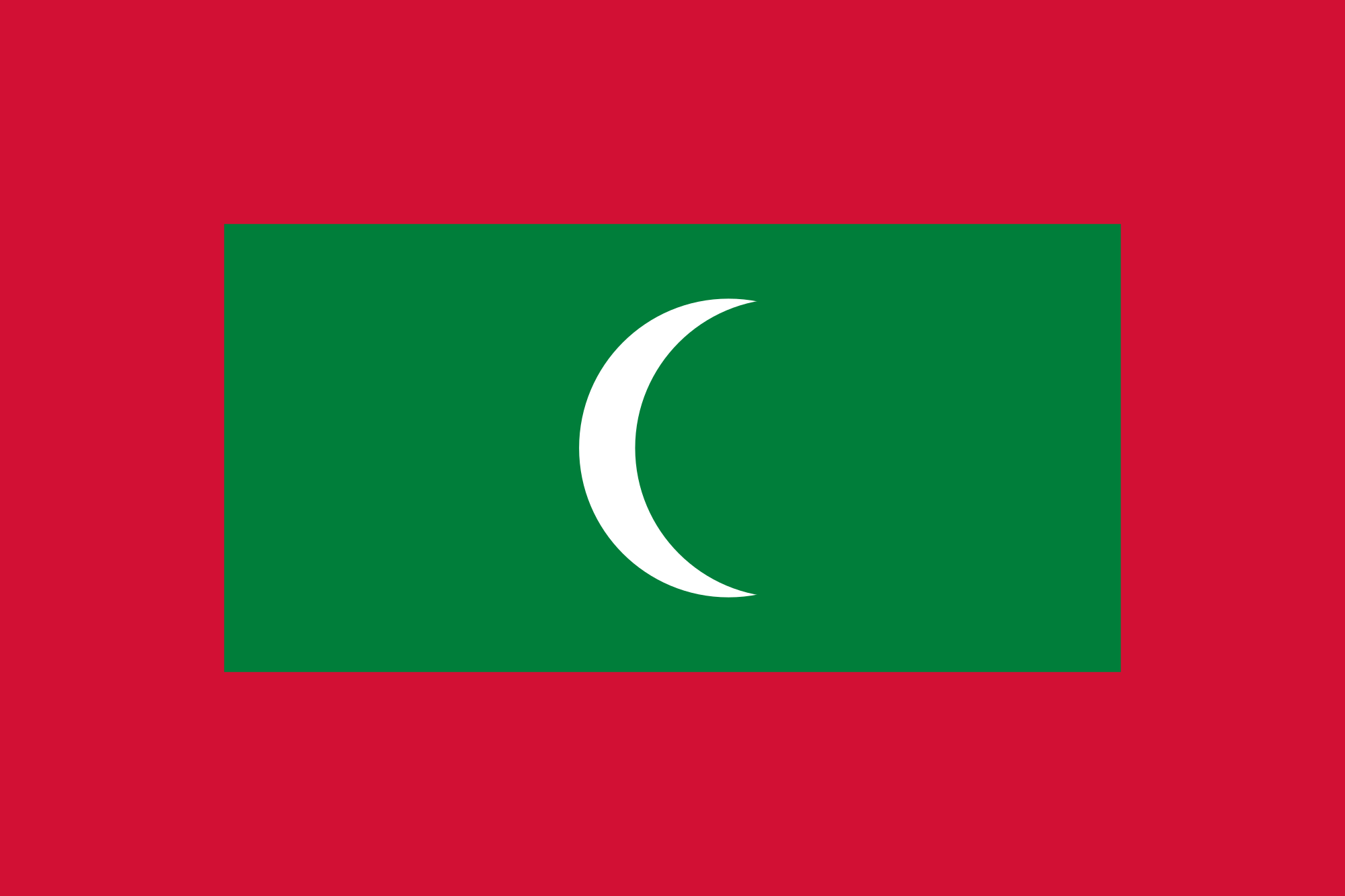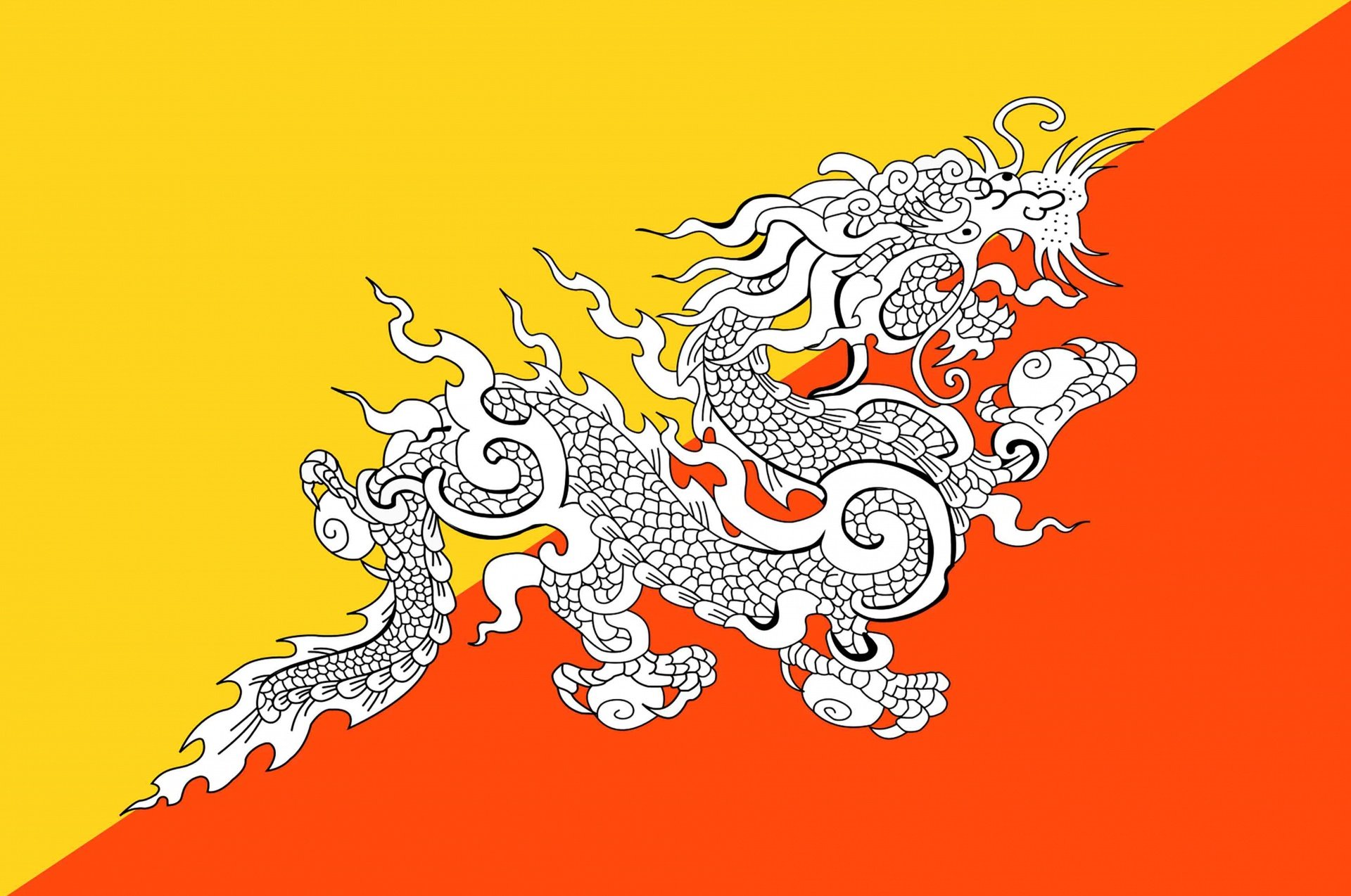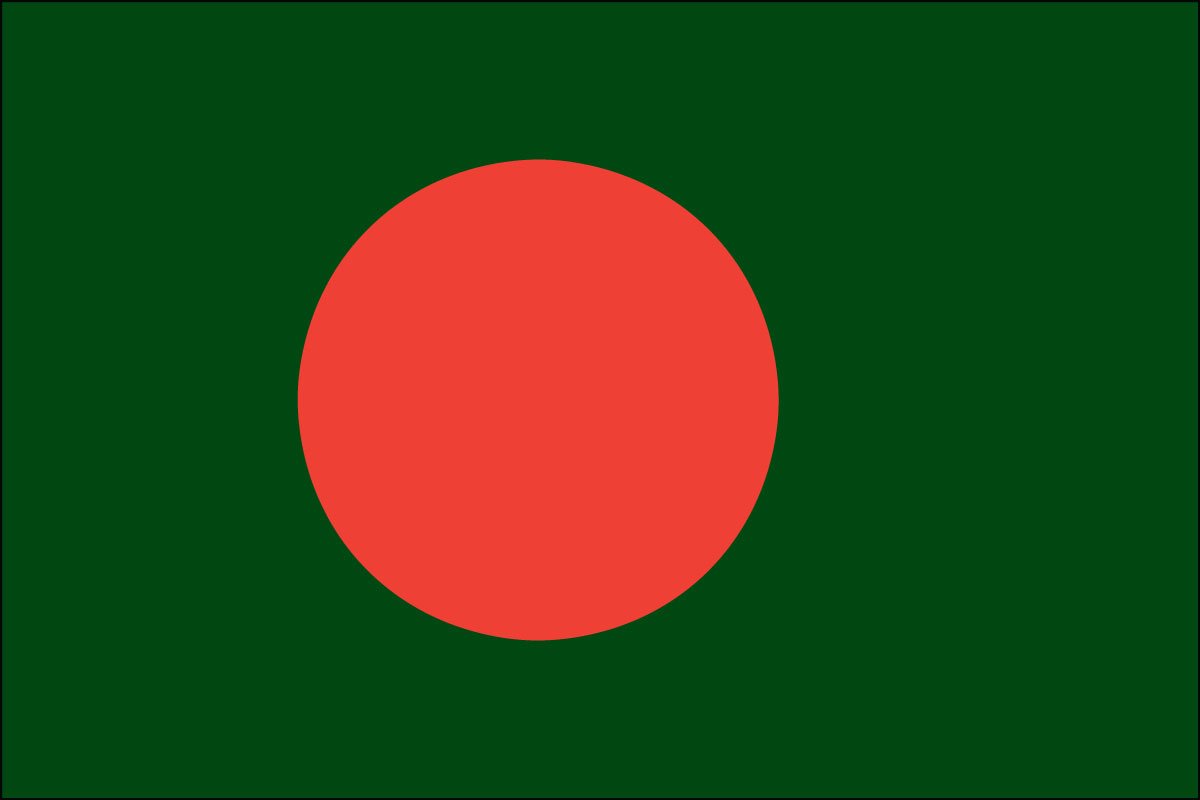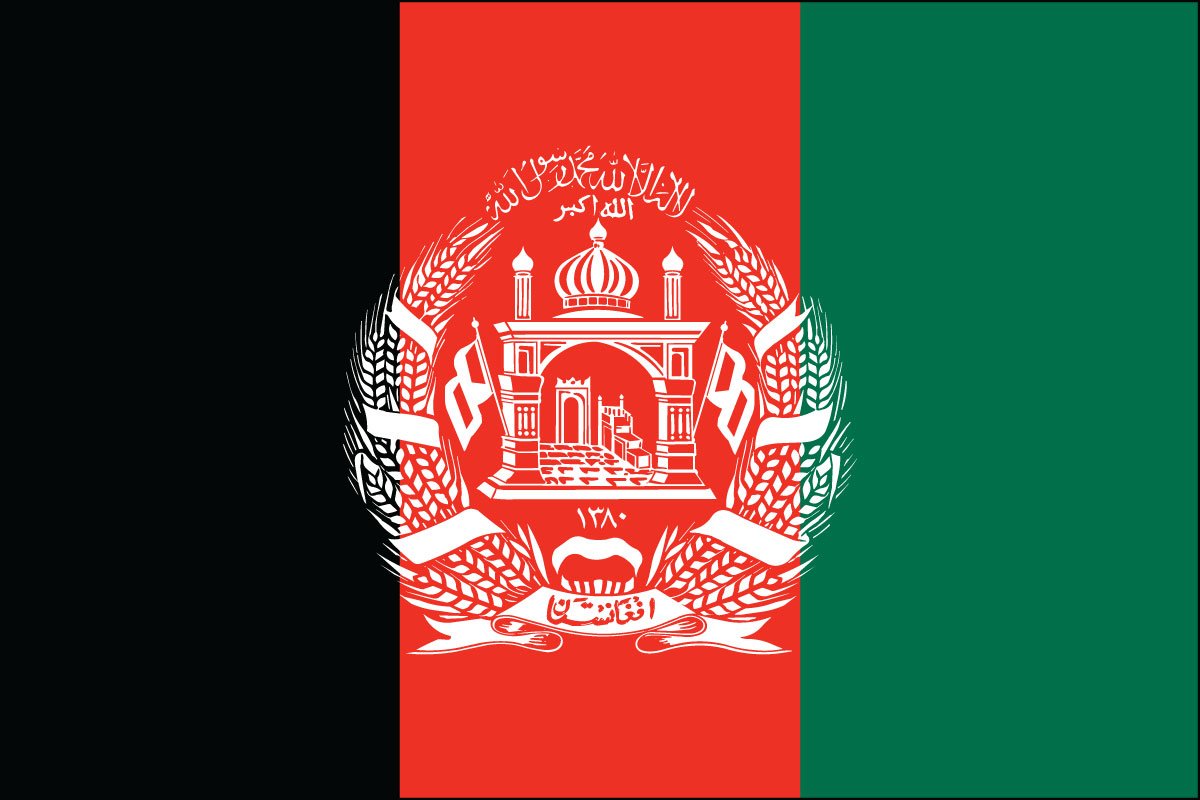-
Posts
113 -
Joined
-
Last visited
Content Type
Profiles
Downloads
Calendar
Gallery
Articles
Member Countries
FEMBoSA
Participants/Members Profiles
Meetings
Everything posted by ECI
-
The Forum of the Election Management Bodies of South Asia (FEMBoSA) At the first meeting of the representatives of Election Management Bodies of Bangladesh, Bhutan, India, Maldives, Nepal and Pakistan held in Dhaka, Bangladesh in the year 2010, it was decided at the conclusion that an organization representing those countries should be established. Consequently, the Annual General Meetings of the Organization were held in the member countries and the charter for the organization also was adopted with the aim of fulfilling the objectives of the organization (Forum of Election Management Bodies of South Asia- FEMBoSA). The member countries of the FEMBoSA are the Election Management Bodies of South Asia countries namely Afghanistan, Bangladesh, Bhutan, India, Maldives, Nepal, Pakistan and Sri Lanka. Since the creation of FEMBoSA, Annual Meetings were held in Pakistan (2011), in India (2012), in Bhutan (2013), in Nepal (2014), in Sri Lanka (2015), in Maldives (2016), in Afghanistan (2017) and in Bangladesh(2018). The 10th annual meeting of FEMBoSA was last hosted by Election Commission of India in New Delhi 24 on January 2020. Significant Activities of FEMBoSA Member organizations celebrate National Voter's Day in a calendar year in their respective countries Initiative of establishing South Asia Institute for Democracy and Electoral Studies (SAIDES) in Nepal In order to increase knowledge related to elections, take initiatives to include voter education in the school-level textbooks of their respective countries Implementation of recommendations of South Asian Disabilities Organizations for the inclusion of disabled people in the electoral system and the creation of suitable election environment The initiative of establishing FEMBoSA Secretariat has been taken The Agenda of the Annual Meetings are aimed to hold discussions on important current topics relevant to Election Management and Electoral Process, giving special attention to the region and decisions were taken on the incoming Chairperson of FEMBoSA and the hosting country for the next meeting. At every meeting, a separate session was held to evaluate the previous year’s activities of the organization as well as for planning the next year’s activities. Apart from holding the Annual Meetings the high level officials of the Election Management Bodies of the region are given opportunities to enhance their experiences and skills through training programs and Election Observation Missions during the Election periods. In 2013, Banglaesh Election Commission prepared the logo. Justification of Logo
-
The objectives of FEMBoSA are following: Promote contact among the Election Management Bodies of SAARC countries; Share experiences with a view to learning from each other; and Cooperate with one another in enhancing the capabilities of the Election Management Bodies towards conducting free and fair elections.
-
We, the Heads of Election Management Bodies/Representatives of AFGHANISTAN, BANGLADESH, BHUTAN, INDIA, MALDIVES, NEPAL, PAKISTAN AND SRI LANKA; CONFIRMING our abiding faith in the objectives and principles of SAARC contained in the SAARC charter; RECOGNIZING that the Election Management Bodies of SAARC countries can benefit from one another’s experience and mutual cooperation; and REALIZING that such cooperation may be strengthened through a permanent common Forum of the Heads of Election Management Bodies of SAARC Countries; DO HEREBY AGREE to establish an organization to be known as the Forum of Heads of Election Management Bodies of SAARC Countries, hereinafter referred to as the Forum, with the following objectives, and institutional and other arrangements; Article-1 OBJECTIVES Objectives of the Forum shall be to: promote contact among the Election Management Bodies of the SAARC countries; share experiences with a view to learning from each other; and cooperate with one another in enhancing for capabilities of the Election Management Bodies towards conducting free and fair elections. Article-2 ORGAN OF THE FORUM The operational arm shall be the Council of the Forum of Heads of Election Management Bodies of SAARC countries. Article-3 COUNCIL The Council shall be the supreme authority of the Forum and comprise the Heads of the Election Management Bodies of SAARC Countries, or such other Election Commissioner/Member/ authorized representative as may be deputed by the Head of the concerned Election Management Body. The Council shall meet at least once a year in one of the Member countries selected, as far as possible, on the basis of alphabetical rotation; the place and dates to be determined by Council. The meetings of the Council will be held with all members attending. The Head of the Election Management Body of the Host Country shall be the Chair of the Council from commencement of one meeting to the commencement of the next, and will also discharge secretarial functions during this period. The Council shall; Approve the programmes of the Forum; Decide subjects for discussion in any Conference/ Meeting of the Forum; Consider and decide all matters concerning the Forum and Conduct of the Council; Frame Rules for the conduct of the business of the Forum; and Fix the date and venue of Conferences/ Meetings of the Forum. Adopt an acronym and Logo for the Forum, if possible by circulation. Article-4 FUNDING ARRANGEMENT FOR MEETINGS Expenses on local hospitality, logistic support and internal travel for any meeting of the Forum shall be borne by the Election Management Body hosting the meeting. Expenditure on international travel shall be borne by the respective visiting delegations. Article-5 GENERAL PROVISION Decisions at all levels of the Forum shall be taken on the basis of unanimity; Bilateral and contentious issues should be excluded from the deliberation of the Forum. The agreement shall not affect the right of any of the Forum members to interact, cooperate or enter into MoU with other members of the Forum or any other organizations. Article-6 INTERACTION AND COORDINATION The Forum may establish and maintain relations with other regional and international Electoral Organizations. The Council, in agreement with the organizations concerned, shall determine the nature and forms of such relations; The chairperson, or a member EMB as decided by the Chairperson, will represent the Forum, at their own cost, in meetings of similar other associations or bodies, when invited. The members of the Forum will implement recommendations and decisions adopted by the Forum from time to time. Article-7 DISSOLUTION A member of the Forum may be leave the Forum after due written notification of its decision. The Forum may be dissolved by a resolution of the Council. Upon such dissolution, the Council shall further decide concerning the disposal of the assets and payment of liabilities of the Forum. In faith whereof We Have Set out Hands Hereunto. Done in New Delhi, on this the 1st Day of May the year Two Thousand Twelve. Download FEMBoSA Charter
-
Part One- General These Rules of Procedure framed under Article-3 (d) (iv) of the Charter of the Forum of Election Management Bodies of South Asia, shall apply to the annual Meeting of the Forum of Election Management Bodies of South Asia (FEMBOSA), established by Charter, signed on 1st of May 2012, by the Heads of Election Management Bodies (EMBs). Representatives of Afghanistan, Bangladesh, Bhutan, India, Maldives, Nepal, Pakistan and Sri Lanka. The Meetings of FEMBOSA, referred hereafter as the Forum Meeting, shall be held annually, unless otherwise decided at a Forum Meeting. The hosting of the Meetings of FEMBOSA shall be normally rotated amongst the Member EMBs in English alphabetical order. The Head of the host EMB shall take over as the Chair of the FEMBOSA at the Forum Meeting, and be responsible for the discharge of all functions and matters related to the FEMBOSA until handing over to the next EMB at the subsequent Forum Meeting. In case a member EMB is unable to host a Meeting, it should be immediately communicated to the Chair who shall then invite the next EMB in the alphabetical listing to host the Meeting and accordingly inform all the other member EMBs. Part Two- Forum Meeting Agenda The provisional agenda for each meeting shall be drafted by the host EMB and circulated to the other Members after receipt of the incumbent Chair’s concurrence. Matters which have been brought to the attention of the Chair or any other member EMB or which the FEMBOSA had previously decided to defer in previous Meetings may be included in the provisional agenda. The Chair or the Head of the host EMB may also circulate specific topics on elections and electoral management to be chosen by the member EMBs to be presented at a meeting, which shall be duly included in the provisional agenda. Such communication may be made at least two months before the meeting with the notice of the Meeting and member EMBs shall respond with topic for presentation at least one month before the Meeting and presentation document transmitted at least two weeks before the Meeting. The first item of the provisional agenda for each meeting shall be adoption of the agenda. Any item on agenda of a Meeting, consideration of which has not been completed at that meeting, shall, unless otherwise decided, automatically be included in the agenda of the next Meeting. Part Three- Representation The meetings shall be ordinarily represented by the Heads of the member EMBs, unless communicated in advance of the inability to attend the Meetings, in which case, the representative(s) nominated to attend the meetings must be made known to the host EMB at the earliest and no later than two weeks before the meeting. The Heads of the member EMBs may be accompanied by a delegation of not more than two officials, excluding the spouses of the Heads of the EMBs. The Meetings shall only be attended u the registered delegates of the member EMBs except for the Inaugural Session to which the host EMB may invite guests as deemed appropriate. Part Four- Chair The Office of the Chair of the FEMBOSA and the Forum Meetings shall be held in turn by the Heads of the member EMBs in the English alphabetical order of the names of the Member countries, with the host EMB taking over the Chair until handing over at the next Meeting. The Chair shall: Preside over the Forum Meeting. Represent the FEMBOSA, as may be required, at any regional or international forum or upon request to the FEMBOSA, lead Election Observation Teams on behalf of the FEMBOSA; and Guide and assist in the preparation of the Forum Meeting. Part Five- Secretariat The Secretariat of the FEMBOSA shall be in the host EMB, and the Head of the Secretariat of the best EMB shall be the ex-officio Secretary of the FEMBOSA Secretariat authorized to act in that capacity. The Secretary may authorize a deputy to act in his/her place. The Secretary shall be responsible for the preparation of documents required by the FEMBOSA, as well as the documentation of records of the Forum Meetings. Part Six- Conduct of Forum Meetings In the Forum Meetings, the Chair shall conduct the proceedings related to the overall matters of the FEMBOSA. The technical sessions shall be chaired in turn by all Heads of Delegations of the Member EMBs. The proposed resolutions, amendments and/or substantive motions shall normally be placed before the member EMBs in writing. Any decision on a motion or resolution in the meetings shall be by way of vote of all Heads of Delegations present and taken on the basis of unanimity. Part Seven- Language English shall be both the official and the working Language of the Fembosa and its meetings. If a Head of a member EMB is unable to address in English in the Forum Meetings, it shall be translated and interpreted in English. In this case, the said member EMB shall provide for interpretation in English. All Records, resolutions and matters related to the FEMBOSA and its meetings shall be in English. Part Eight- Finalisation Process of Records and Publicity The records of Meetings shall be made available to the member EMBs within two weeks following the conclusion of the Forum Meetings. The member EMBs shall inform the Secretary of any corrections they wish to have made in the records within a month after the records have been made available. Corrections that have been requested shall be considered approved unless the Chair is of the opinion that they are sufficiently important to be submitted in the next Meeting. In such cases, the Secretary shall communicate the opinion of the Chair in writing to all Heads of the member EMBs. The records in which no corrections have been requested in the period of time provided or which have been corrected shall be considered as approved. It shall be signed by the Chair and shall become the official record of the FEMBOSA. The official record of the Meetings, as well as the documents annexed thereto, shall be published in English as soon as possible, and circulated to the member EMBs by the Chair. The approved resolutions and records of the Meetings may be given due publicity and shared with the general public as deemed appropriately by a member EMB. Part Nine- Miscellaneous All presentations made in the Forum Meetings may be given due publicity and shared with the general public as deemed appropriate by a member EMB. The host EMB and the Secretariat shall be responsible to arrange the logistics and meet all local costs for a Meeting, unless otherwise indicated by any member EMB.
-
Election Commission of Sri Lanka Legal provisions on the establishment of Independent Commissions were introduced to the Constitution of the Democratic Socialist Republic of Sri Lanka by the 17th Amendment to the Constitution passed in the year 2001. Seven Commissions were proposed to be established under this and the Elections Commission was out of them. A singular methodology was introduced by the Constitution for the appointment of members to the Commissions. That is, the names of members and Chairpersons for Elections Commission and other Commissions had to be recommended by the Constitutional Council established by the Seventeenth Amendment. It was a remarkable feature that no person could be appointed to the Commissions by the President without the recommendation of the Constitutional Council. In case the President refrained from appointing persons recommended by the Constitutional Council within 14 days of such recommendation, they were deemed to be appointed. The Election Commission could not be established under the Seventeenth Amendment. The underlying reason was the problematic situation of the appointment of persons recommended by the Constitutional Council. Further, the Elections Commission could not be appointed because of the problematic situation of the appointment of the Constitutional Council for the second term. The Election Commission that was scheduled to be appointed under the Seventeenth Amendment consisted of five members. The quorum for a meeting was three. However, a Council called Parliamentary Council was established for the appointment of members for Independent Commissions by the Eighteenth Amendment to the Constitution in place of the Constitutional Council. In addition, the number of members of the Elections Commission was reduced to three persons. According to these amendments, the President was able to appoint members for the Commissions without the recommendation of the Parliamentary Council. The Nineteenth Amendment was presented in the year 2015 due to strong pressure and requests made by the civil society as well as by political parties and others who were interested in the subject of the establishment of the Elections Commission and other Commissions The Elections Commission consists of three members and the quorum of three remained unchanged. The Constitution specified the qualifications to be members of the Commission. Accordingly, two persons who have excelled in the fields of Administration and Education and a retired officer of the Department of Elections who had held an office of the rank of Deputy Commissioner of Elections or above, should be appointed as members of the Commission, out of whom one member should be appointed as Chairman by the President. Under the new provisions, the President cannot refrain from appointing persons recommended by the Constitutional Council. Further, the Constitution has ruled that no Member of Parliament or Provincial Council, a Member of a Local Authority, an Officer of Judicial Service or a Public Officer should be appointed as a member of the Elections Commission. The term of office of members of the Elections Commission is five years. The procedure followed in removing a Judge of the Supreme Court or the Court of Appeal should be followed in removing a member from office during the period of the term of office. The Department was operative at the time of appointing of the Elections Commission and, the Department of Elections which was functioning from 01-10-1955 was terminated with effect from 17-11-2015 as per the terms specified in the Article 49 (3) (D) of the Constitution to the effect that the words “Elections Commission” should replace the words “Department of Elections” and “Commissioner of Elections”, which means the power hitherto exercised by “the office of the Commissioner of Elections” is vested in the Elections Commission. With the termination of the Department of Elections, its powers and functions, physical and human resources were transferred to the Elections Commission. As such, the establishment of the Elections Commission did not create any particular issue on its staff or in physical resources. By the decision on the Cabinet paper / No.15/1908/701/018 of 08.01.2016 the entire staff including the staff grade officers who were serving the Department of Elections was attached to the Elections Commission with the entitlements and privileges they were enjoying. Visit Website Chairman and the Members of the Election Commission Mr. Nimal G. Punchihewa Chairman Mr. S.B. Divaratne Member Mr. M.M. Mohamed Member Mr. K.P.P. Pathirana Member Mr. Jeevan Thyiagarajah Member
-
Election Commission of Pakistan Constituents of Election Commission Mr. Sikandar Sultan Raja Chief Election Commissioner Mr. Nisar Ahmed Durrani Member (Sindh) Mr. Justice (R) Altaf Ibrahim Qureshi Member (Punjab) Justice (R) Ms. Irshad Qaiser Member (Khyber Pakhtunkhwa) Mr. Shah Mohammad Jatoi Member (Balochistan) Visit Website
-
Election Commission of India India is a sovereign, socialist, secular, democratic republic. Democracy runs like a golden thread in the social, economic and political fabric woven by the Constitution given by ‘We, the People of India’ unto ourselves. The concept of democracy as visualised by the Constitution pre-supposes the representation of the people in Parliament and State legislatures by the method of election. The Supreme Court has held that democracy is one of the inalienable basic features of the Constitution of India and forms part of its basic structure. The Constitution of India adopted a Parliamentary form of government. Parliament consists of the President of India and the two Houses — Rajya Sabha and Lok Sabha. India, being a Union of states, has separate state legislatures for each state. State legislatures consist of the Governor and two Houses — Legislative Council and Legislative Assembly — in seven states, namely, Andhra Pradesh, Telangana, Bihar, Jammu & Kashmir, Karnataka, Maharashtra and Uttar Pradesh, and of the Governor and the state Legislative Assembly in the remaining 22 states. Apart from the above, two out of the seven Union Territories, namely, National Capital Territory of Delhi and Puducherry, also have their Legislative Assemblies. Constituents of Election Commission Shri Gyanesh Kumar Election Commissioner Sh. Rajiv Kumar Chief Election Commissioner Dr Sukhbir Singh Sandhu Election Commissioner
-
Election Commission of Nepal Election Commission of Nepal is a constitutional Election Management Body in Nepal. The Constitution of Nepal has made arrangements about the Election Commission in Section 24, article 245 to 247. The constitution has embraced the competitive multiparty democratic system, adult franchise and periodic elections as fundamental guiding principles of democracy. Depending on the constitutional provisions, the Commission has the responsibility to conduct the elections of different tires – federal, provincial and local bodies – as per the stipulated electoral systems. Visit Website Constituents of Election Commission Ma. Dinesh Kumar Thapaliya Chief Election Commissioner Hon'ble Ishwari P. Poudyal Election Commissioner Hon'ble Ram Prasad Bhandari Election Commissioner Ma. Dr. Janaki Kumari Tuladhar Election Commissioner Ma.Sagun Shamsher J.B.R. Election Commissioner
-
Election Commission of Maldives The Elections Commission (EC) of Maldives was established on 7 August 2008 as an independent and impartial institution to conduct and supervise all state elections and public referendums as well as to monitor the regulatory framework pertaining to the functioning of political parties. Under the Elections Commission Act (2008) 5 members are appointed by the president for a 5 year term with approval by People’s Majlis. Prior to the establishment of the transitional Elections Commission on 6 September 2008 as stated in article 276 of the 2008 Constitution of the Republic of Maldives, elections were formerly coordinated by the Commissioner of Elections office which had first functioned under the Ministry of Home Affairs, and later under the purview of the President’s Office. The then Commissioner of Elections, was appointed by the President. The Commissioner of Elections was answerable to the President only and could only be removed from office by the President. The need for an independent Elections Commission was recognized during 2004 when a series of reforms were introduced to strengthen democracy in the country. One of the key aspects of these reforms was to modernize the electoral system, ensuring that elections were conducted in a free, fair and transparent manner, and develop a functioning multi-party system in the Maldives. Subsequently, under the 2008 Constitution of the Republic of Maldives, the Elections Commission was established as an independent and impartial institution, that will function in accordance with the Constitution and laws enacted by the People’s Majlis’ and the statue governing the responsibilities, powers and mandate of the Elections Commission. Visit Website Constituents of Election Commission Chairman -- Vice-Chairman Uz.Ismail Habeeb Abdul Raheem Commissioner Ali Nashaath Commissioner Fuwad Thowfeek Commissioner Dr.Mohamed Zahir
-
-
Bangladesh Election Commission Article 118 of the Constitution provides for the establishment of an Election Commission for Bangladesh consisting of the Chief Election Commissioner and not more than four Election Commissioners. The appointment of the Chief Election Commissioner and other Election Commissioners (if any) is made by the President. When the Election Commission consists of more than one person, the Chief Election Commissioner is to act as its Chairman. Under the Constitution the term of office of any Election Commissioner is five years from the date on which he enters upon office. A person who has held office as Chief Election Commissioner is not eligible for appointment in the service of the Republic. Any other Election Commissioner is, on ceasing to hold such office, eligible for appointment as Chief Election Commissioner, but is not eligible for appointment in the service of the Republic. Powers of Election Commission (Article 118(4) and 126 of the Constitution, read with Article 4 of the Representation of the People Order, 1972): The Election Commission is an independent constitutional body in the exercise of its functions and subject only to the Constitution and any other law. The Commission may authorize its Chairman or any of its members or any of its officers to exercise and perform all or any of its powers and functions under the law. Article 126 of the Constitution and Articles 4 and 5 of the Representation of the People Order, 1972 provide that it shall be the duty of all executive authorities to assist the Election Commission in the discharge of its functions. The Commission has the power to require any person or authority to perform such functions or render such assistance for the purpose of electron as it may direct Visit Website Constituents of Election Commission K M Nurul Huda Chief Election Commissioner Mahbub Talukdar Election Commissioner Md. Rafiqul Islam Election Commissioner Kabita Khanam Election Commissioner Brigadier General Shahadat Hossain Chowdhury (retd.) Election Commissioner
-
Independent Election Commission of Afghanistan “Administering and supervising all types of elections and referenda envisaged in the Constitution” The mandate of the Independent Election Commission of Afghanistan has been granted pursuant to article (156) of the Constitution. Based on this article, the IEC is the only institution responsible for administering and supervising elections and referenda, and acts independently. The IEC is responsible for administering the following elections and is authorized to supervise any elections in the country: Presidential Elections Wolesi Jirga Elections Provincial Council Elections District Council Elections Village Council Elections Municipal Council Elections Elections for mayors’ offices Referenda Visit Website Constituents of Election Commission Mr. Awrangzib, Chairman – Independent Election Commission Mr. Mawlana Abdullah, Vice-Chairperson – Independent Election Commission
-
Welcome to Pages! Pages extends your site with custom content management designed especially for communities. Create brand new sections of your community using features like blocks, databases and articles, pulling in data from other areas of your community. Create custom pages in your community using our drag'n'drop, WYSIWYG editor. Build blocks that pull in all kinds of data from throughout your community to create dynamic pages, or use one of the ready-made widgets we include with the Invision Community. View our Pages documentation




